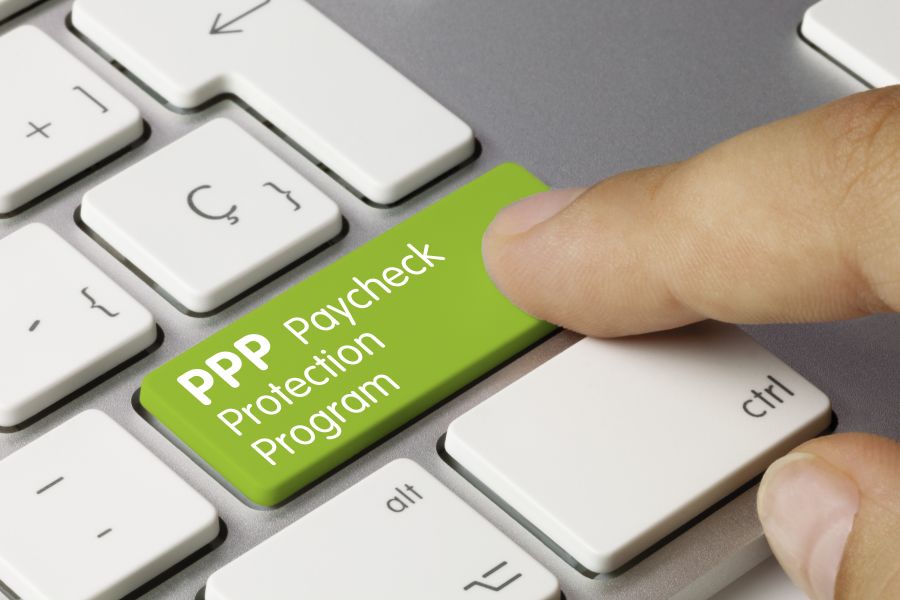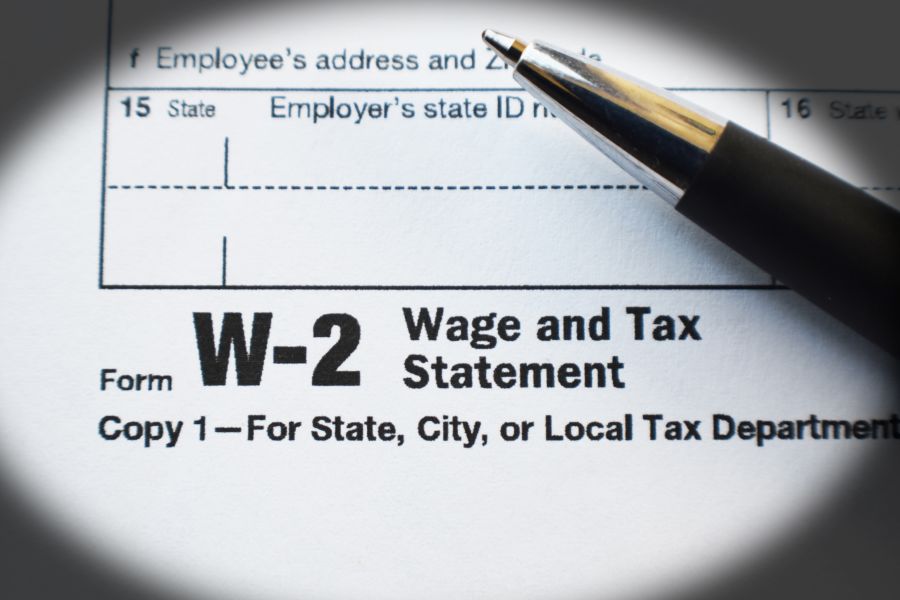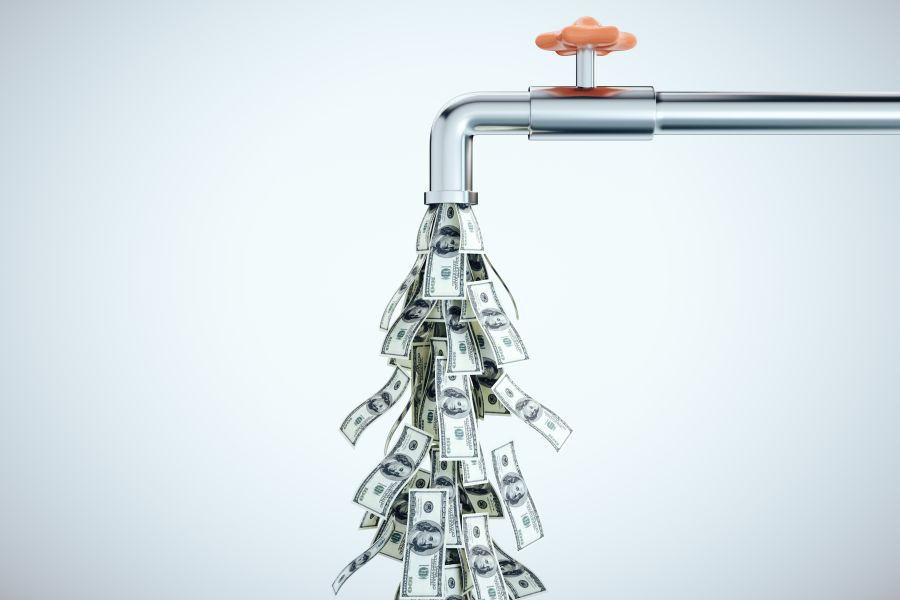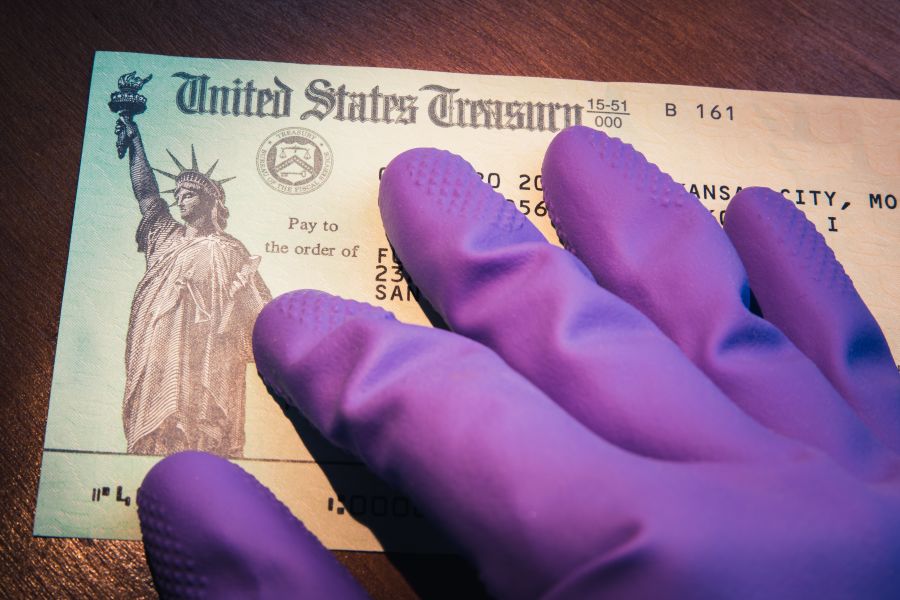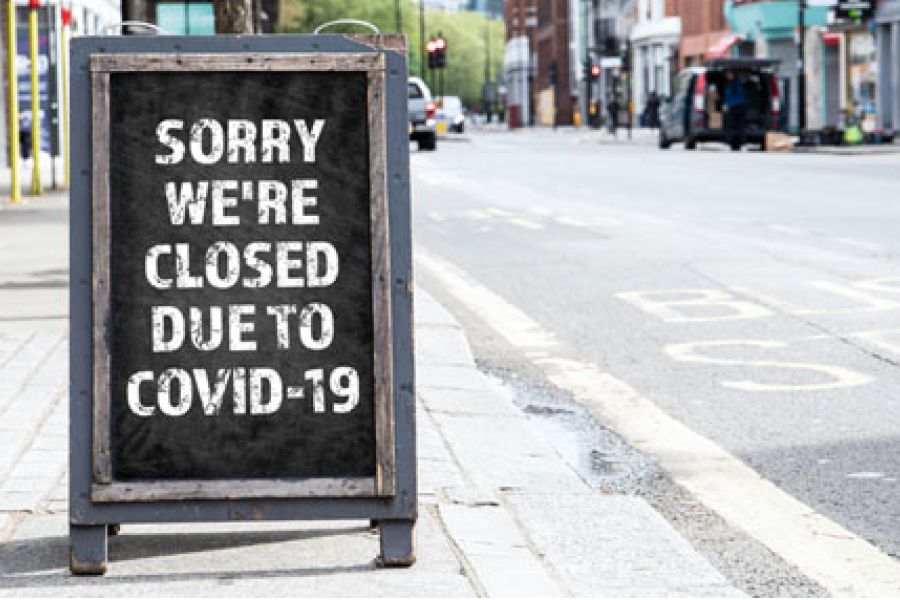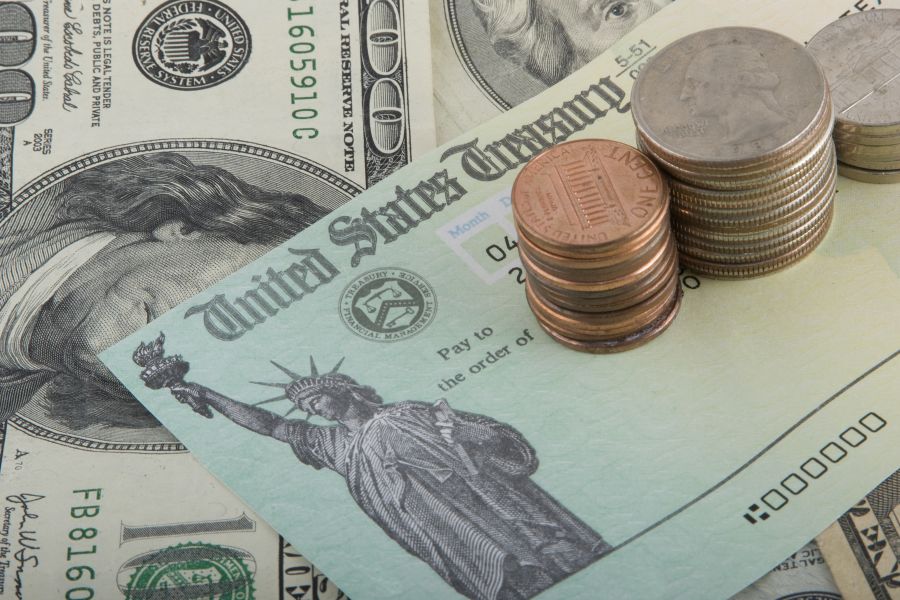The Small Business Administration (SBA), in consultation with the Department of the Treasury, has issued guidance to assist businesses in calculating their payroll costs for purposes of determining the amount of a Paycheck Protection Program (PPP) loan businesses can apply for. Borrowers and lenders may rely on the guidance provided in this document as SBA’s interpretation of the CARES Act and of the Paycheck Protection Program Interim Final Rules. The U.S. government will not challenge lender PPP actions that conform to this guidance and to the PPP Interim Final Rules and any subsequent rulemaking in effect at the time. Questions answered in the guidance related to Schedule C taxpayers are as follows: Self-Employed with No Employees Question: I am self-employed and have no employees, how do I calculate my maximum...

Millions of eligible Americans have already received their Economic Impact Payments (EIPs) via direct deposit or paper checks, according to the IRS. Others are still waiting. The payments are part of the Coronavirus Aid, Relief, and Economic Security (CARES) Act. Here are some answers to Economic Impact Payment FAQs. Who’s eligible to get an EIP? Eligible taxpayers who filed their 2018 or 2019 returns and chose direct deposit of their refunds automatically receive an Economic Impact Payment. You must be a U.S. citizen or U.S. resident alien and you can’t be claimed as a dependent on someone else’s tax return. In general, you must also have a valid Social Security number and have adjusted gross income (AGI) under a certain threshold. The IRS also says that automatic payments...
On its website, IRS has issued FAQs on the deferral of the deposit and payment of the employer's share of Social Security taxes and self-employed individuals to defer payment of certain self-employment taxes that is provided by the Coronavirus, Aid, Relief and Economic Security Act (CARES Act). These employment tax deposit deferral FAQs will be updated to address additional questions as they arise. 1. What deposits and payments of employment taxes are employers entitled to defer? What may be deferred under the CARES Act are the taxes imposed under §3111(a) and, for Railroad employers, so much of the taxes imposed under §3221(a) as are attributable to the rate in effect under §3111(a) (collectively referred to as the "employer's share of social security tax"). But see FAQ 4 regarding...
Back in Blog Post #778 on 4/1/20, I summarized the Coronavirus Aid, Relief, and Economic Security (CARES) Act tax provisions. That post included a brief discussion of the CARES Act’s impact on excess business losses. Here is more about the deferral of, and changes to the limit on, excess business losses. Deferral of the excess business loss limits The Tax Cuts and Jobs Act (the 2017 Tax Law) provided that net tax losses from active businesses in excess of an inflation-adjusted $500,000 for joint filers, or an inflation-adjusted $250,000 for other covered taxpayers, are to be treated as net operating loss carryforwards in the following tax year. The covered taxpayers are individuals (or estates or trusts) that own businesses directly or as partners in a partnership or...
As appearing in e-News for Tax Professionals: Issue Number 2020-16 Working with the Treasury Department, the new Get My Payment application, allowing taxpayers to check on their Economic Impact Payments, debuted on the IRS website. The application will answer common questions as an initial round of more than 80 million Economic Impact Payments hits recipients’ bank accounts. Get My Payment will show the projected date when a deposit has been scheduled, similar to the “Where’s My Refund tool” many taxpayers are already familiar with. Get My Payment also allows people to provide their bank account information. People who did not use direct deposit on their last tax return can also use the application to input their bank information to receive the payment by direct deposit, expediting...
In the midst of the Coronavirus (COVID-19) pandemic, Americans are focusing on their health and financial well-being. To help with the impact facing many people, the government has provided a range of relief. Here are some new announcements made by the IRS. More deadlines extended As you probably know, the IRS postponed the due dates for certain federal income tax payments — but not all of them. New guidance now expands on the filing and payment relief for individuals, estates, corporations and others. Under IRS Notice 2020-23, nearly all tax payments and filings that would otherwise be due between April 1 and July 15, 2020, are now postponed to July 15, 2020. Most importantly, this would include any fiscal year tax returns due between those dates and any...
The IRS has issued guidance providing employment tax deposit relief for employers that are entitled to the refundable tax credits provided under two laws passed in response to the Coronavirus (COVID-19) pandemic. The two laws are the Families First Coronavirus Response Act, which was signed on March 18, 2020, and the Coronavirus Aid, Relief, and Economic Security Act (CARES) Act, which was signed on March 27, 2020. Employment tax penalty basics The tax code imposes a penalty for any failure to deposit amounts as required on the date prescribed, unless such failure is due to reasonable cause rather than willful neglect. An employer’s failure to deposit certain federal employment taxes, including deposits of withheld income taxes and taxes under the Federal Insurance Contributions Act (FICA) is generally subject to...
As we all try to keep ourselves, our loved ones, and our communities safe from the coronavirus (COVID-19) pandemic, you may be wondering about some of the recent tax changes that were part of a tax law passed on March 27. The Coronavirus Aid, Relief, and Economic Security (CARES) Act contains a variety of relief, notably the “economic impact payments” that will be made to people under a certain income threshold. But also, the CARES Act changes EBP rules and provides a new tax break for some people who contribute to charity. Waiver of 10% early distribution penalty IRAs and employer sponsored retirement plans are established to be long-term retirement planning accounts. As such, the IRS imposes a penalty tax of an additional 10% if funds are...
Scam artists know how anxious business owners are during the current coronavirus (COVID-19) crisis. They know that as you struggle to meet customer demands, pay employees and stay solvent, you’re more likely to drop your guard and fall for a fraud scheme. The last thing your business needs right now is to suffer additional financial losses. So keep an eye out for the latest ways that COVID-19 poses fraud threats to businesses: Fake suppliers Whether you’re a manufacturer seeking raw materials or a grocer desperate to keep shelves stocked, you may have trouble getting your usual supplies. If a regular supplier is temporarily — or permanently — shut down, be careful about doing business with unknown vendors. Many authentic-looking websites are, in fact, fronts for criminal operations,...
In an Information Release (IR 2020-61), the Treasury Department and IRS have announced that distribution of economic impact payments, made as part of the Coronavirus Aid, Relief, and Economic Security Act (the CARES Act), will begin in the next three weeks and will be distributed automatically, with no action required for most people. However, people who did not file 2018 or 2019 federal income tax returns will need to submit "a simple tax return" to receive the stimulus payment. The Information Release answers the following questions: Who is eligible for the economic impact payment? Tax filers with adjusted gross income up to $75,000 for individuals and up to $150,000 for married couples filing joint returns will receive the full payment. For filers with income above those amounts, the payment...


